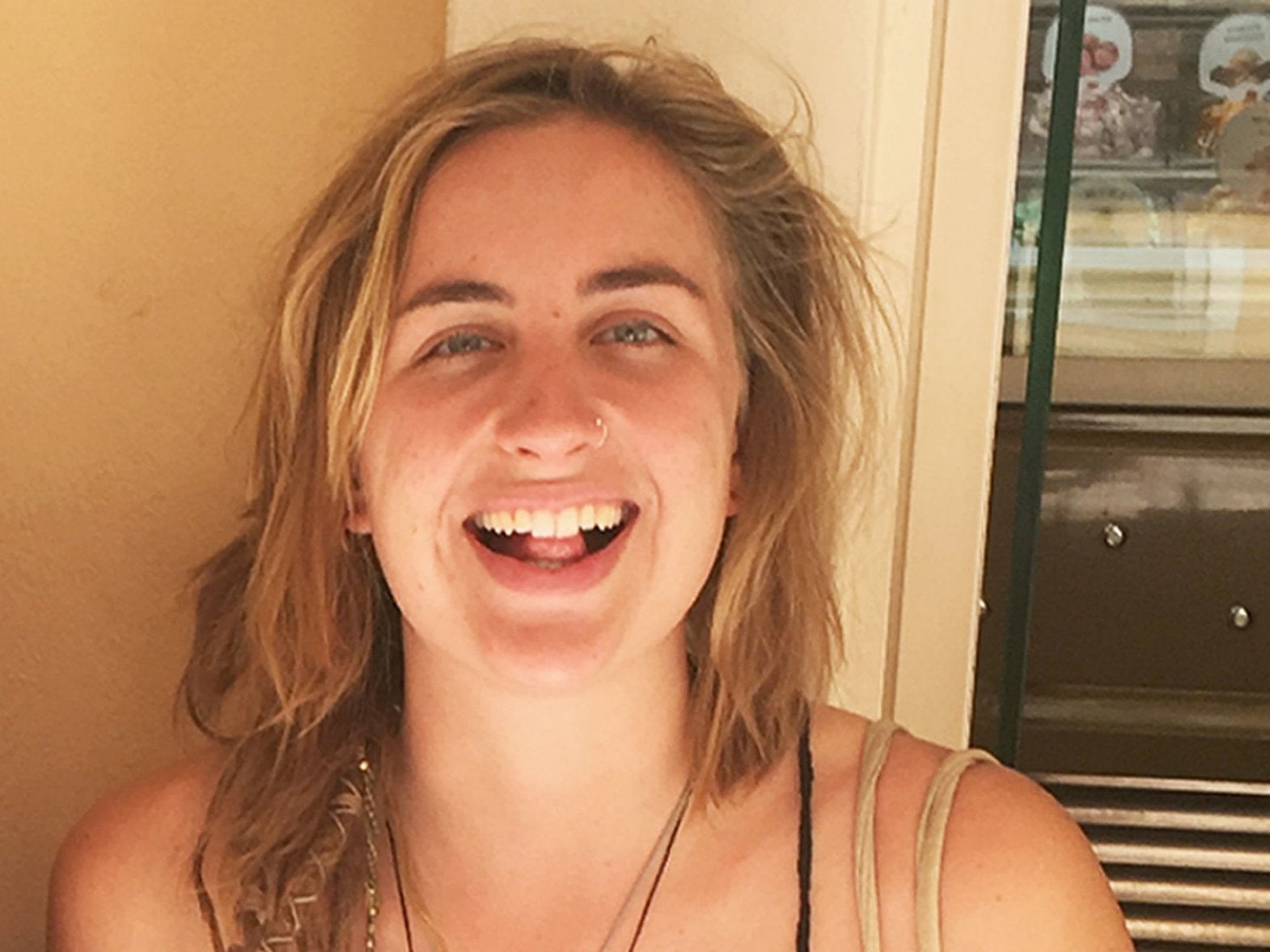It's shameful to see Catherine Shaw being blamed for her own death – the sexist treatment of female travellers needs to stop
Her brave, curious and intrepid instincts – things that we should be nurturing in young girls – must not be used to belittle the tragedy of her death


Your support helps us to tell the story
From reproductive rights to climate change to Big Tech, The Independent is on the ground when the story is developing. Whether it's investigating the financials of Elon Musk's pro-Trump PAC or producing our latest documentary, 'The A Word', which shines a light on the American women fighting for reproductive rights, we know how important it is to parse out the facts from the messaging.
At such a critical moment in US history, we need reporters on the ground. Your donation allows us to keep sending journalists to speak to both sides of the story.
The Independent is trusted by Americans across the entire political spectrum. And unlike many other quality news outlets, we choose not to lock Americans out of our reporting and analysis with paywalls. We believe quality journalism should be available to everyone, paid for by those who can afford it.
Your support makes all the difference.The death of Catherine Shaw, the 23-year-old British backpacker whose body has been discovered on a mountainside in Guatemala, has received a lot of attention from the press and the public.
The desire to find answers – to explain and understand this terrible tragedy – is strong. In lieu of concrete details about the case, theories started emerging on social media. After a picture of Catherine’s body was posted online, people began to conclude that her death had been caused by an attack of a violent, sexual nature.
These assumptions prompted questions. Questions like, “Why did she go out at 5am?”, “Why was she travelling in such a dangerous country?” and “Why was she travelling on her own?” There was little consideration of the fact that Catherine wanted to wake up early to watch the sunrise, and that she had every right to explore the wonders of Central America solo.
When people believed that Catherine had been attacked, the instinct was to highlight how she should have avoided danger. Following suggestions that her death might have been a tragic accident, people still feel the need to apportion blame.
The Lucie Blackman Trust, which has been supporting the Shaw family, is encouraging the public not to jump to conclusions about Catherine’s death, and even suggested it may have been an accident. Its chief executive Matthew Searle has said that the kind of speculation we’ve seen about her fate is “incredibly unhelpful, distressing and unnecessary”.
News reports focus on certain details, like the hotel manager’s insinuation that Catherine was taking drugs in the days preceding her death. Don’t get me wrong: obviously this is a relevant fact for any investigation into what happened. But, that being said; the world is not a coroner’s court. We don’t need to endlessly, publicly, and pruriently probe into this young woman’s behaviours.
When something terrible happens – something absolutely, gut-wrenchingly awful – our reaction is often simple and self-preserving. We think, instinctively, “How do I make sure this doesn’t happen to me?” It’s why we try to blame the victim. Not because we genuinely think “she brought this on herself”, but because we’re terrified that the same thing will happen to us, or a loved one. We try to distance ourselves from the person affected, and note the ways through which we might avoid their fate.
I find myself subconsciously sifting through news stories, looking for things I can interpret as “incriminating” details in a victim’s case. Was the boy who got stabbed involved in a feud? Did the rape victim know her attacker? Was the cancer patient a smoker?
But we have to fight our instinct to blame the victim. We have to make sure that stories like Catherine’s are not weaponised and distorted in ways that could demonise the many important qualities that she displayed in life. Her brave, curious and intrepid instincts – things that we should be nurturing in young girls – must not be used to belittle the tragedy of her death.
For the sake of her memory, and her family, we should be resisting the urge to make this devastating occurrence in some way Catherine’s own fault. Even if it brings us a morsel of comfort in the short term, because we think “that won’t happen to me”, we shouldn’t be trying to turn her misfortune into a cautionary tale.
Whether her death was an accident or an attack, Catherine is a victim. If we don’t fulfil our duty to discuss her death appropriately and accurately – without scaremongering or victim blaming – we’ll be guilty of discouraging other young women from living their lives to the full.
We are all responsible for our own safety; but we are not responsible for our own trauma.
Join our commenting forum
Join thought-provoking conversations, follow other Independent readers and see their replies
Comments